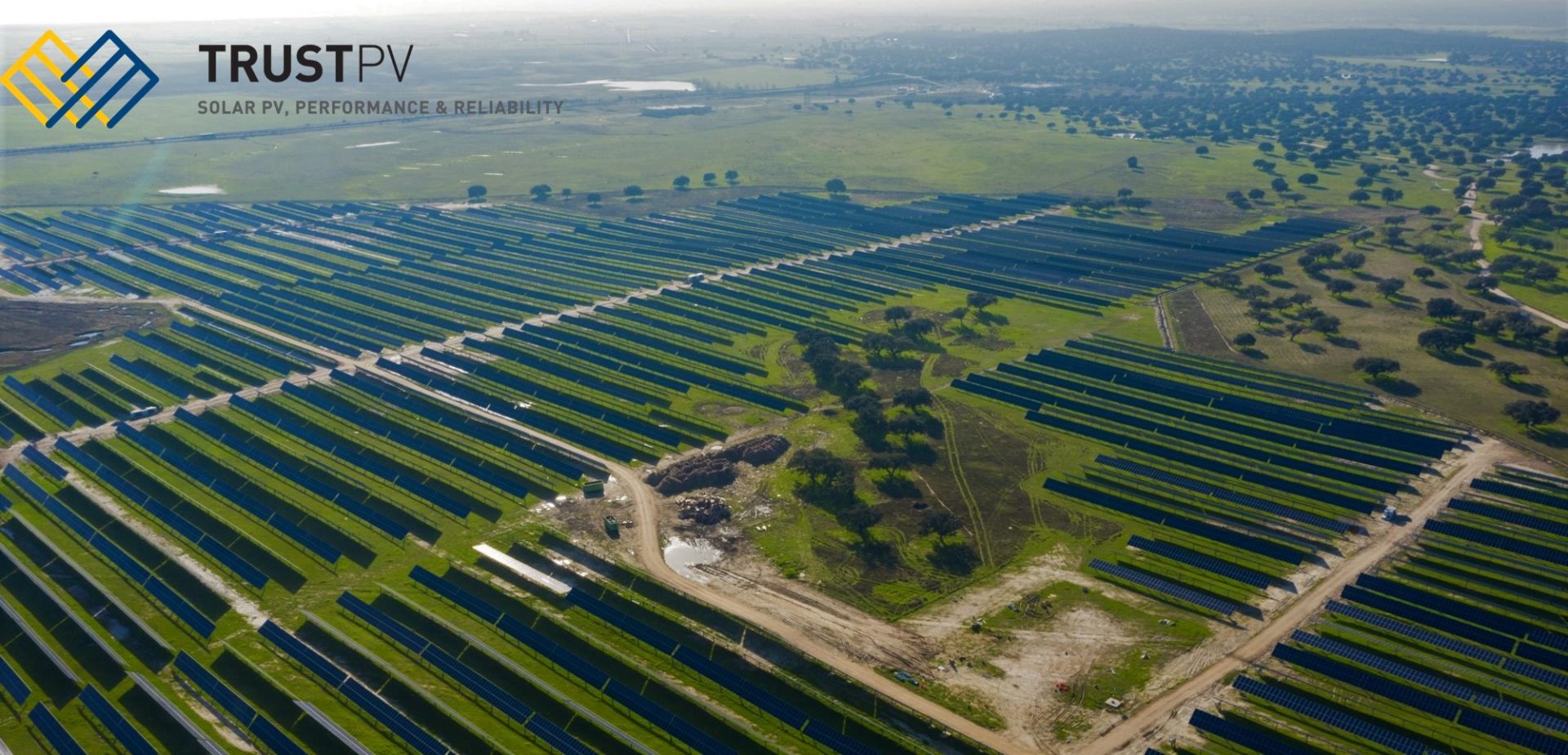The EU-funded TRUST-PV R&D project finds itself within the EU’s policy frame aiming to create a fully integrated European energy market while developing the next generation of renewable energy technologies and setting worldwide standards for their grid integration. Horizon 2020 Research and Innovation funding, which is supporting solutions in the areas of energy efficiency and intelligent solutions to stay in line with the European commitment to reduce greenhouse gas emissions, has granted it over 12 million euro.
Energy research and innovation has an essential role to play in addressing the challenges of the European long-term decarbonisation and energy transition strategy. As part of its “Renewable energy solutions for energy system level implementation” activity, the European Commission is funding TRUST-PV with over 12 million Euro grant value to increase performance and reliability of PV plants, while allowing utility-scale installations to achieve an even lower carbon footprint and lower LCOE. Horizon 2020 paves the way for a secure, clean and efficient energy supply in the EU, but what does secure mean regarding the rapid expansion of variable renewable electricity generation?
What is TRUST-PV?
A digital strategy is necessary to ensure successful PV growth, as the digital transformation cannot be separated from sustainability issues. The aim of the 4-year TRUST-PV project is to develop a decision support system platform based on results for the three layers of PV components, individual PV systems and complete PV fleets, for their integration into the electricity grid and finally reach a demonstrated increase in performance and reliability.
With EURAC research as a project coordinator, a consortium of 20 project partners is working together to achieve six main objectives targeting different areas of the PV value chain:
- To increase the reliability and lifetime of system components by reducing the number of failures and failure lifetime
- To increase the knowledge on the performance and establish cost effective fault diagnostic models of medium size commercial-residential systems
- To increase the design accuracy and the reliability and performance of utility – large commercial systems through the use of advanced and automated functions for data analysis, diagnosis and fault detection
- To allow higher PV penetration levels by improving the operational stability at the point of connection and ensure grid friendliness
- To combine all the information coming from various stakeholders along the whole PV value chain into a platform for enhanced decision-making using AI and the invaluable human field experience
- To increase the sustainability of utility – large commercial systems through progressive repowering interventions to reduce the environmental impact and guarantee yield for an extended lifetime
Each member of the project consortium is bringing in their expertise and will work on predefined results in order to reach a common goal: Addressing the existing challenges of very high PV penetration through cooperative research and innovation, while making them openly available as part of a H2020 project, and thus encourage a long-term reliable electricity generation from solar power in Europe while reducing costs optimizing hardware and land usage.
Real-time management based on accurate forecasting
Reuniwatt is proud to contribute to the reliability and performance of utility-scale and large PV portfolios, ensuring optimal grid dispatch and making load management easier through short-term solar power forecasting. As solar electricity penetration in the grid is increasing, accurate forecasting of the cloud cover within the next 30 minutes is of paramount importance for the development of various activities which need a real-time management. Knowing the sky vault situation is a key for advanced diagnostic and dispatch activities. At this point in time, ground-based cameras forecasting the cloud cover operate predominantly on the visible spectrum. Reuniwatt has developed and patented infrared all-sky imager, the Sky InSight™, and collected extensive experience with precision forecasting over the last decade. Intraday irradiance forecasting is essential to plan the energy mix. As a part of TRUST-PV, Sky InSight™ will be used to improve short-term forecasting with regard to ensuring efficient and coordinated (re-)dispatching of available solar power and minimize curtailment. In particular, knowing the PV power drop probability in the next hours allows a convenient sizing of power reserves. As a further contribution to the success of this project, Reuniwatt will use the geostationary meteorological satellites’ rapid scanning services to obtain images more frequently (every 5 minutes) and improve intraday forecasts.
In the context of high shares of renewable energy, forecasting is becoming a staple in the load management process for grid operators and power producers alike. The combined results of TRUST-PV will allow a higher PV penetration level while improving operational stability at the point of connection and ensuring grid-friendliness.
A webinar presenting an introduction to TRUST-PV presented by Reuniwatt, SolarPower Europe, EURAC research and BayWa r.e. Italy took place on 25/02/2021.
You can now watch the webinar on demand:
About Reuniwatt (https://reuniwatt.com/)
Reuniwatt is a major player of the solar radiation and cloud cover assessment and forecasting. Based on solid Research and Development works, the company offers reliable products and services intended for professionals of various fields, making the best out of two key facets of the meteorology: atmospheric physics and data sciences. A particular focus has been placed on solar energy forecasting, while developing cutting edge solutions to improve the short-term prediction of the solar resource.
The company has won many grants, including H2020’s SME Phase 1 programme, which makes Reuniwatt a European Champion with regard to innovation. Reuniwatt has also been selected among the national fast-growing companies to join the prestigious French Tech 120 programme in 2020, and remains a part of the selection for 2021.
